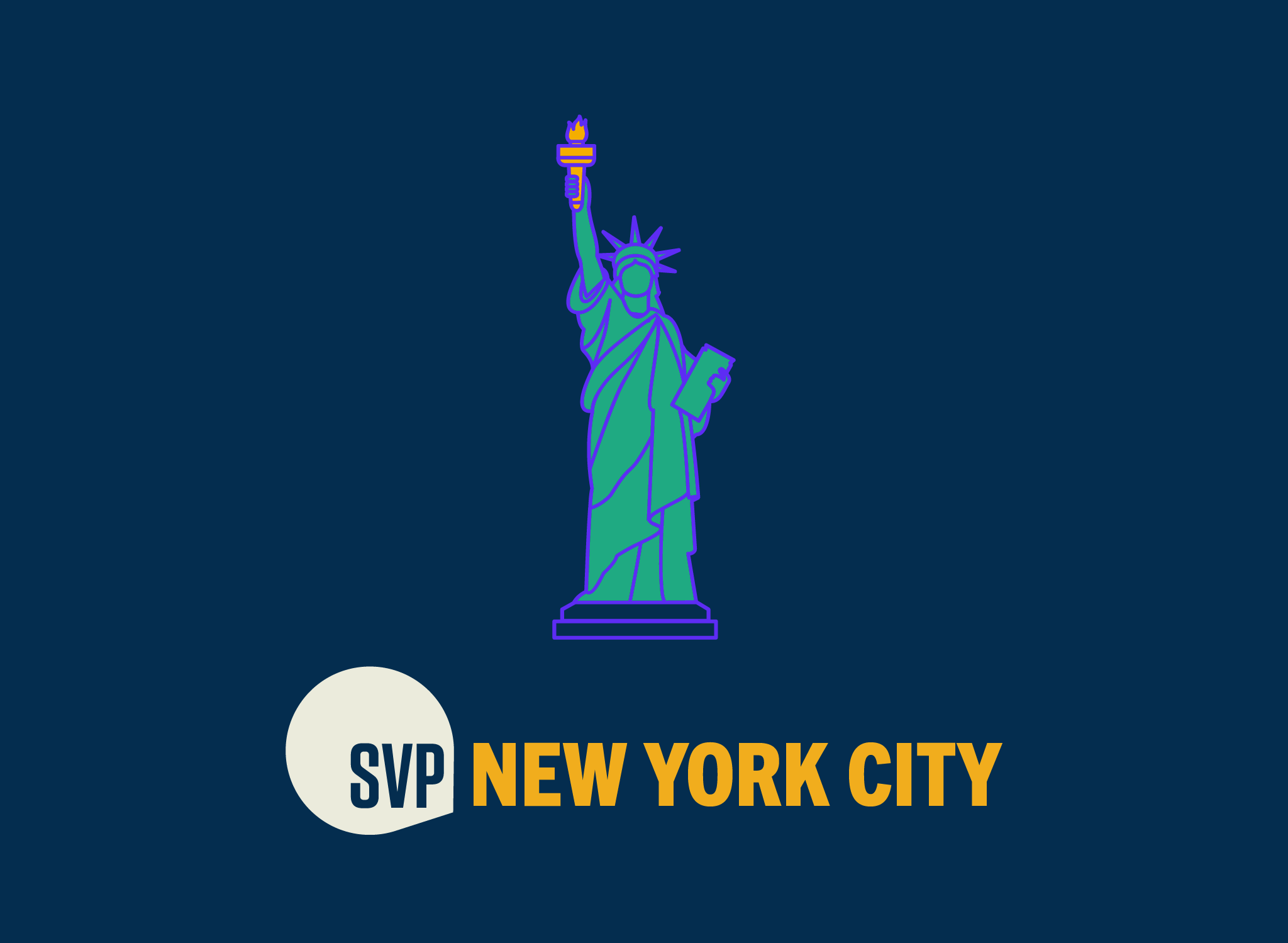COVID Impact on Giving: Predictions from the Field
SVPI’s Board Chair, Sofia Michelakis wears many hats in the SVP Network and in the philanthropic sector. Sofia shared some thoughts on what she’s seeing and what could happen with individual giving in the coming months. Check out our blog for her detailed notes and resources. Here are Sofia’s notes:
- The key difference here is that this is a global disaster that may last over an extended period of time and the disaster itself is causing a recession so previous data may not be as relevant/predictive. This is quite atypical and I don’t think it’s dramatic to say unprecedented from a data comparison standpoint.
- Indiana University is keeping a close eye on this and tracking all the related flows and data as best they can. They predict that a recession at the same level of the great recession would decrease giving by 10-12% over the duration of the recession – so assuming the recession lasts exactly one year, based on Giving USA 2018 with total giving at $428b, we could be talking about a $40 billion plus reduction in giving. I think it’s worth noting that the impact is not even. There is also evidence during the 2008 recession that donations to some nonprofits (like homeless shelters and food banks) went up.
- Others have been writing as well – you may have seen this article earlier this week: Independent Sector is using this $40 billion number in their calculation for an overall ask for a $60b stimulus package for nonprofits ($40 billion in losses due to the economic downturn plus $20 billion estimate of lost earned revenue from events, products/services, etc).
- Anticipating decline in individual giving, I’ve seen advocacy that foundations dig into their endowments and increase payout to communities in need, like the pledge that SVPI signed.
- On talking about recession planning with grantees: “Foundation boards could and should be talking now about increasing payout and should take the long view on their endowment values. After all, foundations’ top priority should be to support effective nonprofits working today to address shared goals, not ‘to have the largest endowment or always be at peak real purchasing power relative to the past”.
- There are also articles about DAFs being “recession proof”. Basically, since the money is already in the account and needs to be granted out, the fluctuations in the economy don’t affect grantmaking for DAFs though it may affect contributions into the DAF account.


